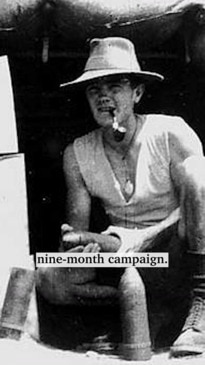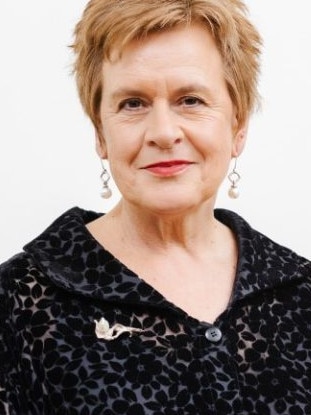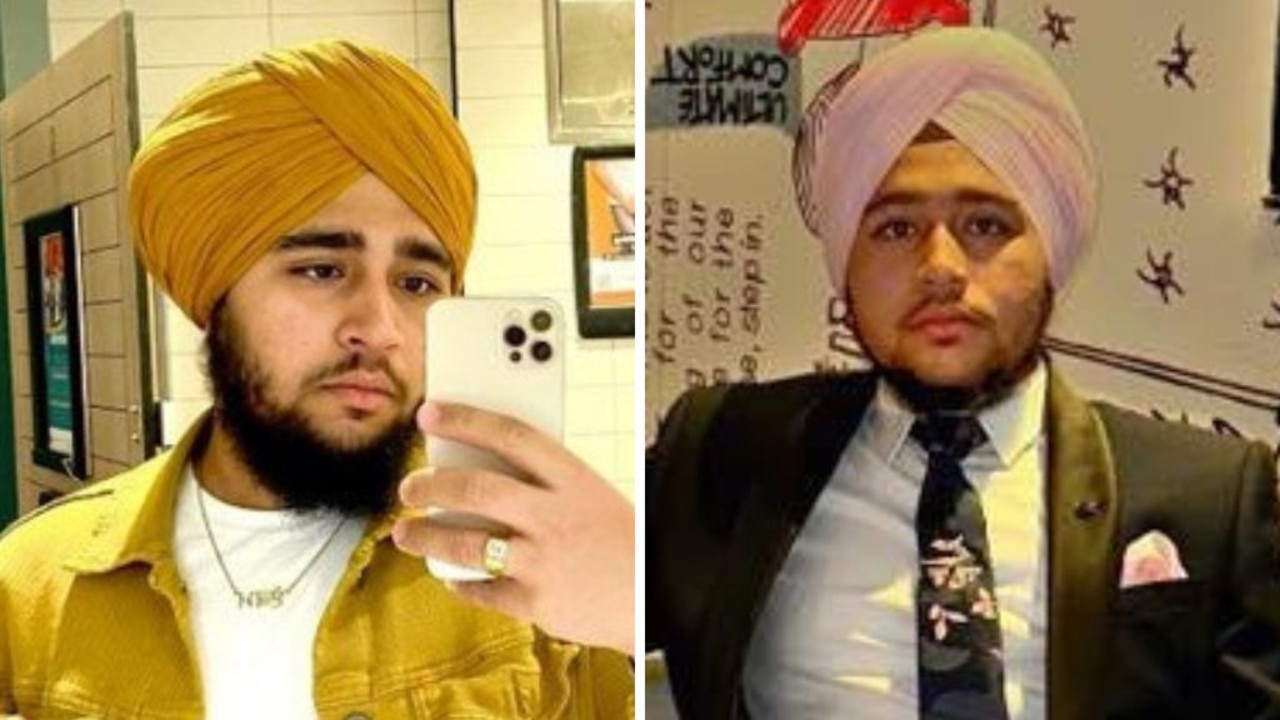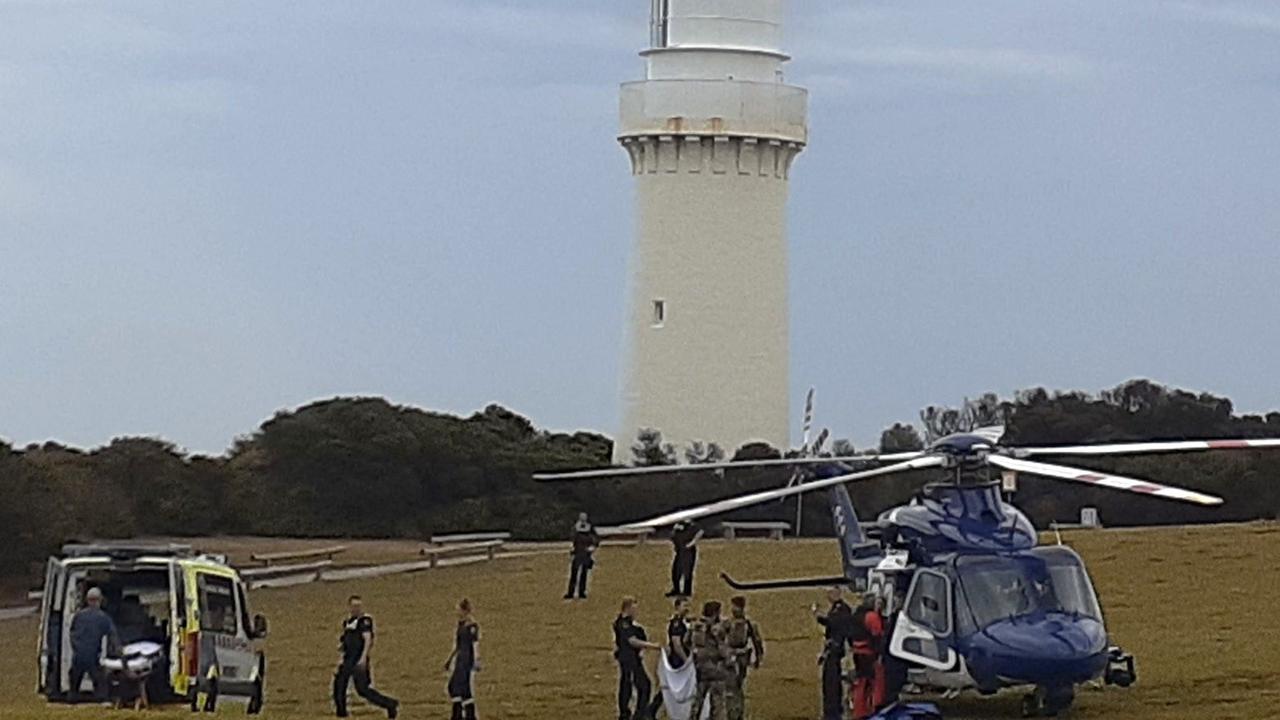Push to teach Aussie kids why war matters as number willing to fight declines
A former curriculum director says schools need to do more to halt the decline in young people willing to fight for Australia. Have your say.

National
Don't miss out on the headlines from National. Followed categories will be added to My News.
Students should be discussing the bigger meaning behind Anzac Day, such as why a free and democratic country goes to war and why it matters in 2025, a former curriculum director says.
The Centre for Independent Studies Adjunct Fellow Dr Fiona Mueller said while children learn about the dates and the geography of what happened during the World War One Gallipoli campaign, often teachers don’t have the time, expertise or materials to analyse it with them at a deeper level.
“There’s no opportunities to debate the big questions like why does a free and democratic country go to war?” Dr Mueller said.
“Why do we make so many sacrifices?”
She said a survey last year showed the number of young people who would be willing to fight for their country had decreased to just 27 per cent.

Dr Mueller blamed the lack of young people willing to fight for Australia in part, on their lack of understanding of the Anzac values of courage, mateship, perseverance and sacrifice, as well as humour, which helped forge our nation’s identity.
Dr Mueller said Anzac Day competes with many religious and cultural celebrations for different communities in the school calendar. She said while that was important, Australia’s values should always be a priority.
President of the Primary Schools Association Angela Falkenberg said Anzac Day was a huge deal in schools and there are lots of reflections and discussions about “service and sacrifice”, and in more recent years the women’s contribution to the war effort had also been recognised.


She said one primary school in South Australia helped refurbish a dilapidated memorial in their community and each young student was given the name of an Anzac and asked to research that person, which she said was an amazing way to engage children.
“There are lots of ways to get children to connect with the Anzac story and build empathy,” Ms Falkenberg said.
President of the Australian Secondary Principals’ Association Andy Mison said Anzac Day was a cultural, social and community highlight in the school year, as well as an opportunity for children to deepen their understanding of the significance of history.
He said it is marked every year and when students get to the latter stages of high school they get to study the Anzacs in more depth and encouraged to “learn to think critically”.
In terms of learning from the sacrifice of the Anzacs, he said it was a “salutary lesson about what can happen and we have to be vigilant, we have to learn from our history”.
He said as a principal he remembers nothing “more moving” in school than to have someone play the Last Post.
“The hairs go up on the back of your neck,” Mr Mison said. “The kids get it, they really do.”
More Coverage
Originally published as Push to teach Aussie kids why war matters as number willing to fight declines





